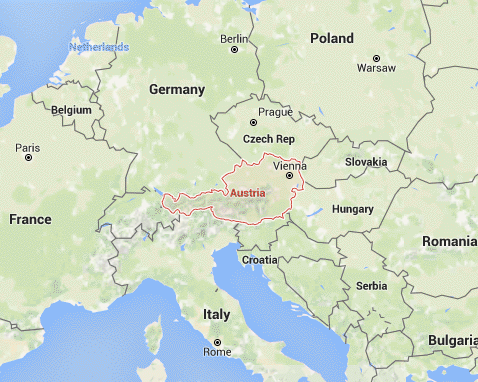AU PAIR CULTURE QUESTS
CHILE
South America
Capital: Santiago de Chile
Language(s): Spanish
Religion(s): Christianity
(predominantly Roman Catholic)
COMMON CHARACTERISTICS:
- Chileans are extremely hospitable, relaxed and warm. They are always interested in learning from others and very proud of their country and its natural beauties.
- Chileans have strong family ties. All over the nation there is a feeling of spontaneous solidarity to help those in need or affected by any natural disaster.
- Personal care, honesty, and affection are also very important.
FUN FACTS:
- Chile is the longest country in the world from north to south at 2,647 miles (4,620 km) long, and it extends across 38 degrees of latitude. The Andes Mountain Range extends the entire length of the country north to south.
- Chilean Patagonia is one of the cleanest places on the planet
- Chile has the world’s largest reserves of copper – around one quarter of the global supply, and is the number one exporter of copper in the world. Chile also has the second largest reserve of lithium and has substantial reserves of iron, silver, salt, zinc, manganese, molybdenum, gold, coal, and iodine.
USEFUL PHRASES:
- How are you? ¿Cómo está?
- Fine, thanks. Bien, gracias.
- My name is… Mi nombre es…
- Nice to meet you! Encantado de conocerlo/a
- Thank you. Gracias
“It will make you more independent, more confident and you will learn so much! A very good experience!”– Vanessa, au pair from Chile
“It is a great experience before you begin to work. You will improve your language skills and become independent and open minded.”– Maria, au pair from Chile
“You should take advantage to this great opportunity. The whole experience helps you to know more about yourself in ways you can’t even imagine.”– Yasna, au pair from Chile
“In the U.S. I did not work for an employer, I was part of a family that would be my family for the rest of my life.”
Naomi, au pair
South Africa
 Flag of Chile
Flag of Chile 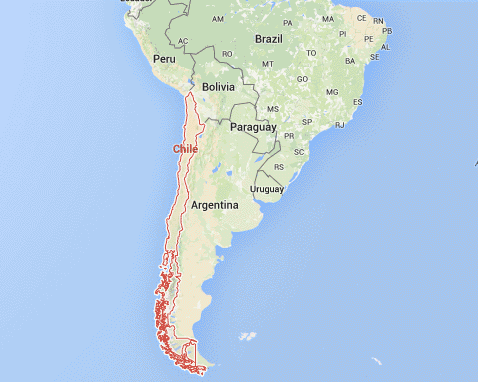

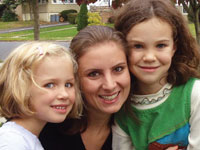
 Flag of Canada
Flag of Canada 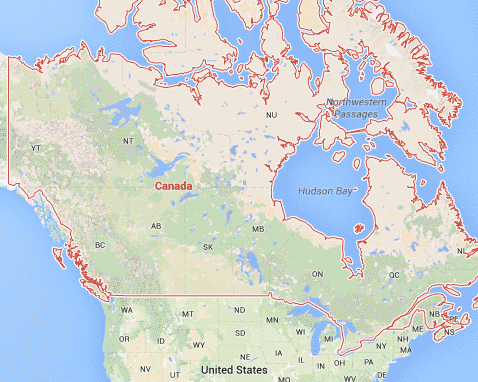

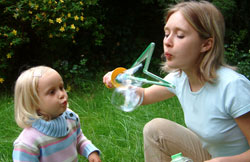
 Flag of Brazil
Flag of Brazil 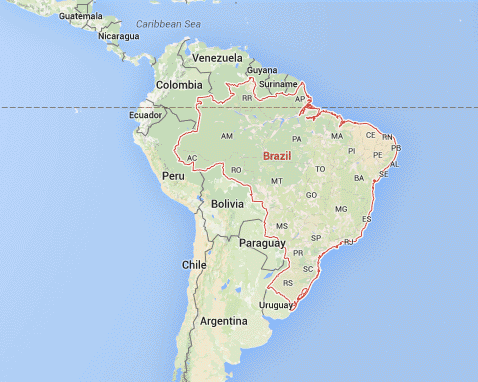

 Flag of Bosnia & Herzegovina
Flag of Bosnia & Herzegovina 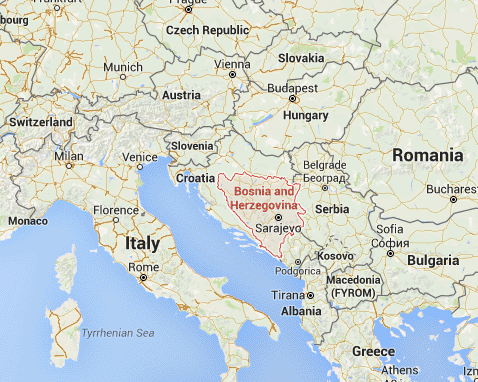
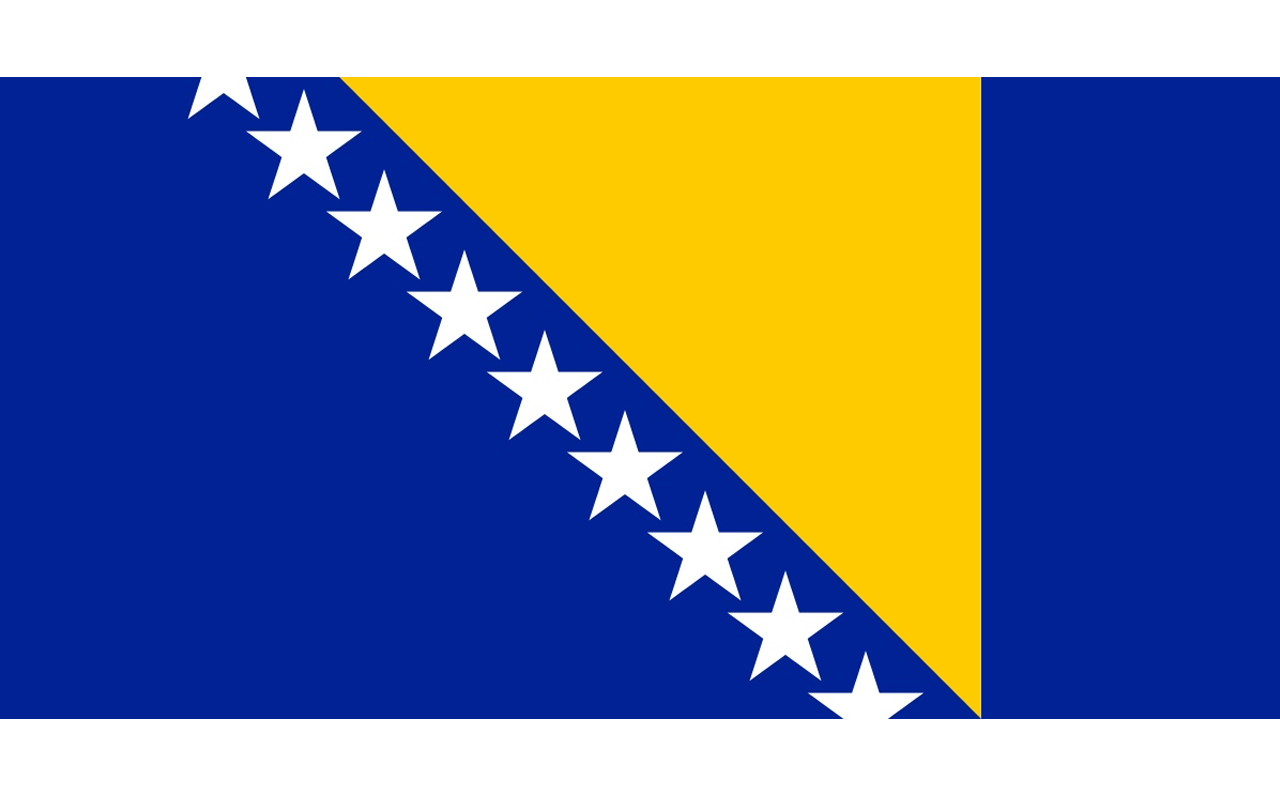
 Flag of Bolivia
Flag of Bolivia 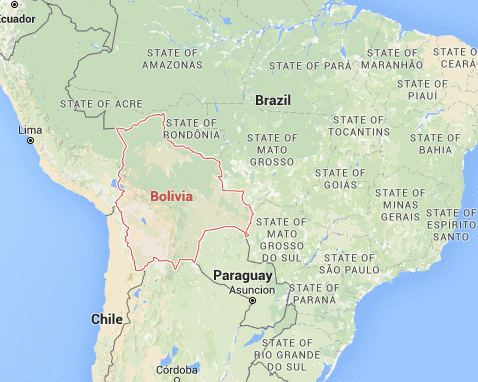
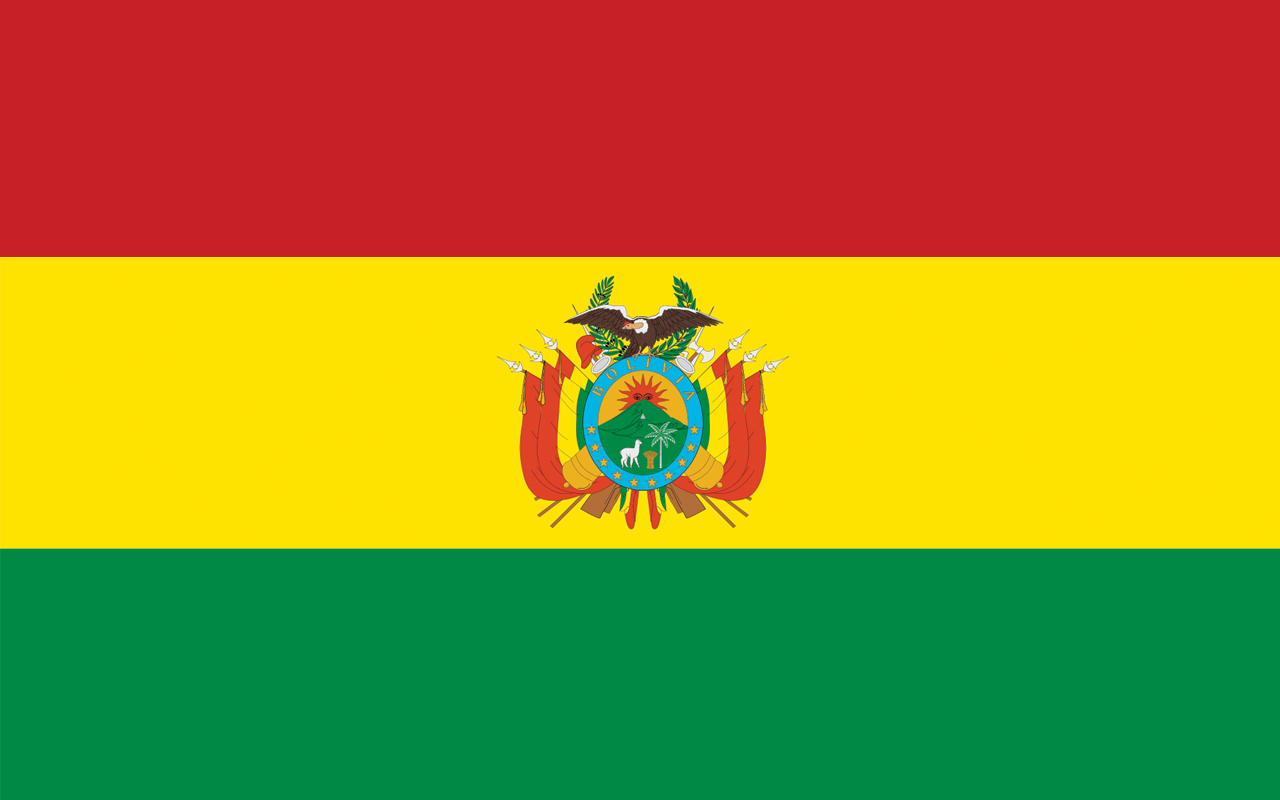
 Flag of Austria
Flag of Austria 